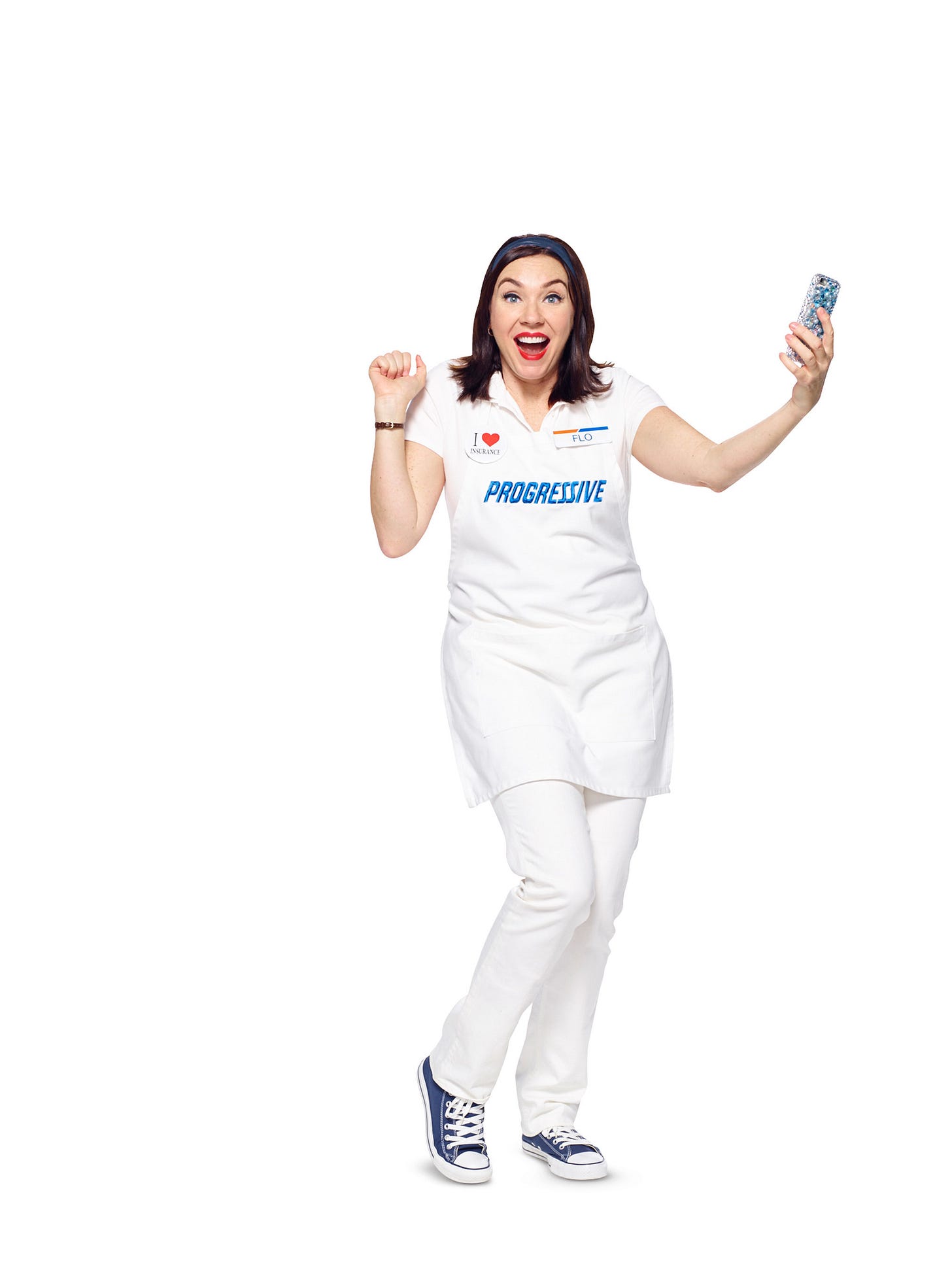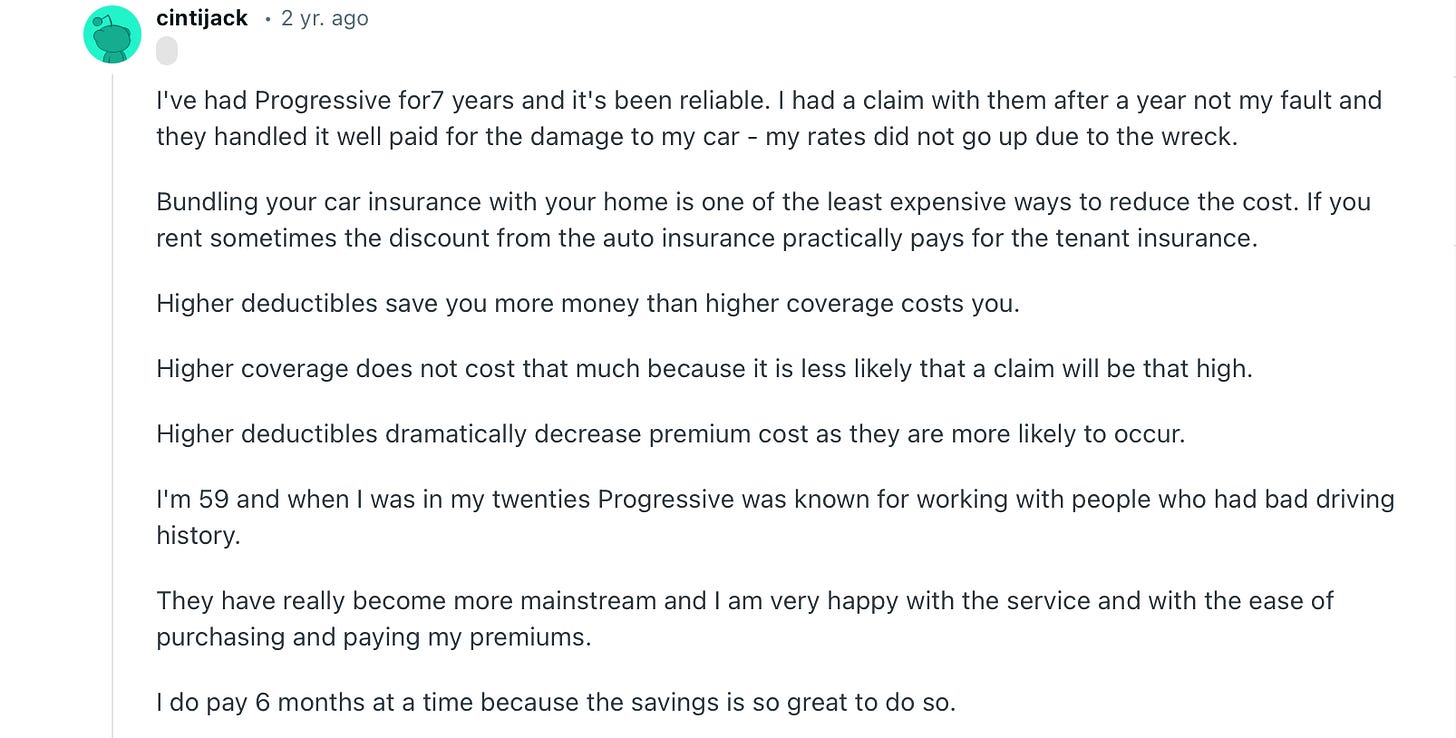If an ad never made you laugh—especially during the Super Bowl—then congratulations, you probably don’t remember it. Humor is like a cheat code for brand recall. We remember good jokes. We remember people who make us laugh. And guess what? Brands know this. It’s why they shamelessly inject humor into their marketing. We gravitate toward the funny ones because, well, they make life a little less miserable.
Let’s break down two brands that do this well and see what you can steal—uh, I mean, learn from them.
Mint Mobile to the Rescue
If you’re not familiar with Deadpool, I’m assuming you’ve been living under a rock. Ryan Reynolds—the guy who plays him—is basically a walking, talking, sarcasm-spewing machine. Hollywood keeps casting him in roles where he’s, well… himself. And instead of fighting it, Reynolds leaned in and made it his brand.
So when he bought a chunk of Mint Mobile, he did exactly what you’d expect: turned it into a comedy act. He took on the bloated, money-grabbing telecom industry with his signature dry humor, poking fun at the ridiculous fees big carriers love to slap on us. And we ate it up because, let’s be real, who hasn’t been financially violated by a phone bill before?
Have it been successful?
Testimonials
r/Frugal
Turns out, people like not getting ripped off. Who knew? Customers on r/Frugal seem to love Mint Mobile’s low-cost plans, especially since they offer flexibility with add-ons and yearly pricing. The frugal crowd isn’t easily impressed, so if they’re into it, that says something.
Mint knows its customers. They’re either fleeing the overpriced horror show that is Verizon or they’re already bargain-hunting pros. Either way, Mint positions itself as the smarter choice
Branding
Was it just Reynolds' humor that made Mint a thing? Not entirely. But it sure as hell helped.
He used his personal brand—sarcastic, witty, effortlessly cool—to breathe life into Mint’s marketing. People naturally associate humor with trust. It’s why we like funny people. It’s why you’d rather sit next to the class clown than the guy who collects antique stamps. And Mint Mobile capitalized on that.
Even their website is designed to be simple and user-friendly. No jargon. No fine print acrobatics. Just clear, easy-to-digest info. Their designers actually understand typography, ad copy, and information architecture—three things that most corporate websites completely butcher.
And, of course, it helps that their service is solid. Because no amount of jokes can save a crappy product.
Numbers
Coverage: 50 states with T-Mobile’s 5G Network
Members: ~2 - 3 million subscribers
Reviews:
Google Reviews: 4.3 stars, 14K+ comments
Facebook: 4.8 stars, 22K+ comments
Amazon: 4.2 stars, 4.2K+ comments
Mint mobile, the Hero
Even before Reynolds jumped in, Mint had a reputation for being the plucky underdog. They positioned themselves as the scrappy little guy taking on the telecom giants. And what better way to do that than with humor?
Their marketing is relatable. They speak to the everyday person who’s sick of paying an absurd phone bill every month. They’re not trying to win over everyone—just the ones who actually care about saving money.
Oh, and in 2024, T-Mobile acquired them for a cool $1.35 billion. Not bad for a brand that built its identity on cheap phone plans and sarcastic ads.
Another brand that does humor right in there Ad campaigns is Progressive, a leader in insurance.
Progressive - The way Flo made Insurance fun
Insurance is about as exciting as watching paint dry. Yet somehow, Progressive made it entertaining. How? With a quirky, fast-talking saleswoman named Flo.
In comedy, there’s something called a “bit.” It’s a recurring joke or character that ties everything together. Flo is Progressive’s bit. She’s been the face of the company since 2008, bringing her over-the-top enthusiasm to the dullest product on Earth. And somehow, it works.
A boring Industry that had a Pioneer
Progressive has been around since 1937, doing insurance-y things long before Flo ever existed. They were actually pioneers in the industry—first to do a bunch of stuff their competitors later copied. But their biggest win? Turning insurance into entertainment.
They didn’t just stop at Flo. They built an entire cast of oddball characters around her. The humor, the skits, the satire—it all made insurance feel less like a soul-sucking necessity and more like a quirky, approachable service.
Then there’s the branding consistency. Unlike brands that jump from one marketing gimmick to the next, Progressive stuck with Flo. Over the years, she evolved, gained side characters, and became more embedded in pop culture. She wasn’t just a mascot—she was a personality.
And here’s the kicker: people actually liked watching Progressive commercials. In an era where we skip ads at every opportunity, that’s saying something.
Have it been successful?
We don’t have hard data on how much money Flo’s ads have raked in, but we do have some anecdotal evidence.
r/personalfinance
Progressive has a solid reputation. Customers on r/personalfinance report decent rates, quick claims processing, and a fair experience overall. In an industry where people love to complain, that’s a big deal.
Branding
Progressive nailed their branding with humor. Flo became the face of the company, making it instantly recognizable. And by leaning into comedy, they ensured that their ads were memorable in a sea of boring, forgettable insurance commercials.
Their secret weapon? Consistency. They’ve kept the same humor style for over a decade, evolving Flo’s universe but never straying too far from the formula. It’s the kind of branding that sticks with you—so when you finally need insurance, Progressive is already top of mind.
Progressive also proves that humor isn’t just for startups or small brands. They’re a massive company, yet they’ve maintained a playful, self-aware tone that sets them apart from their buttoned-up competitors.
And even if Flo ever takes a break, they can always bring her back. Nostalgia is a powerful drug.
The Takeaway
Humor in marketing isn’t just about making people laugh. It’s about making them feel something—a connection, a shared experience, a moment of relief in an otherwise frustrating industry. Mint Mobile and Progressive both used humor to turn forgettable products into something people actually enjoy engaging with.
So if you’re trying to market something as boring as phone plans or insurance, take notes. Because if you can make people laugh, you can make them care. And if you can make them care, you can make them buy.
Resource












